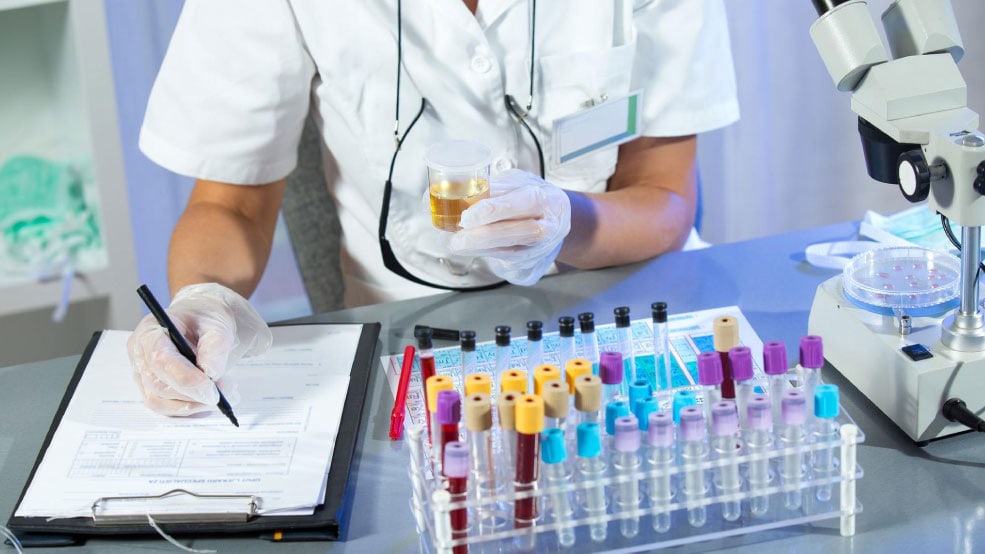Why is Monitoring Phosphorus Important in Chronic Kidney Disease (CKD), End Stage Renal Disease (ESRD) and Dialysis?
10 Things ESRD CKD and Dialysis patients need to know about Phosphorus
- Phosphorus is a very common and important mineral element in the body, symbol P.
- Phosphorus is found in meat, dairy products, dark cola (non translucent), beans, nuts, and in some food additives, especially in processed foods.
- Phosphorus is important in bone metabolism and in maintaining the proper pH (acidity) of the blood stream.
- When Phosphorus is combined with oxygen, it is called phosphate.
- Healthy kidneys maintain a proper level of blood Phosphorus by eliminating excessive Phosphorus in the urine.
- Patients with ESRD and CKD can retain too much phosphorus, called hyperphosphatemia.
- High levels of phosphorus combine (bind) with Calcium. Calcium can come out of the bones and lead to weak bones (renal osteodystrophy). The Phosphorus-Calcium complexes can also be deposited into organs and blood vessels, leading to hardening of these organs.
- CKD, ESRD, Dialysis, and Hemodialysis patients are counseled to follow a diet that limits the amount of phosphorous-containing foods they eat.
- CKD, ESRD, Dialysis and Hemodialysis patients are often prescribed phosphorus-binding medications. Phosphorus-binding medications are usually taken before meals to help prevent phosphorus from being absorbed from the intestines.
- Dialysis patients have their blood level of phosphorus measured every month to keep the phosphorus level in the appropriate range.
If you are a CKD, ESRD, Dialysis, and Hemodialysis, talk to your FKP Physicians.

